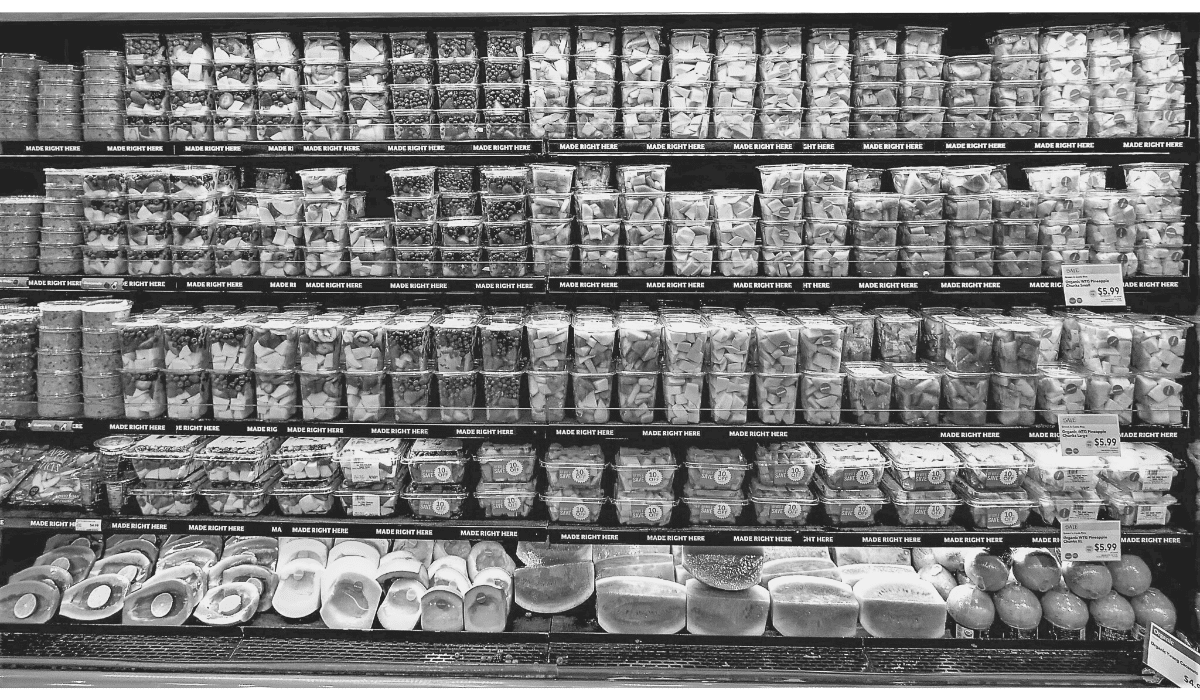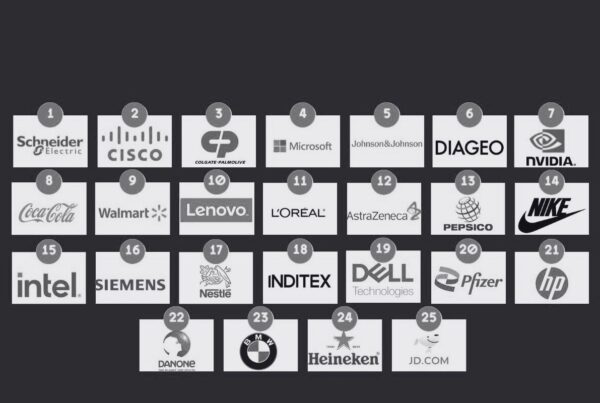The food-retail industry plays a critical role in these uncertain times. According to a McKinsey report, here are five actions food retailers should take to help their communities, their employees, and their business.
1. Protect your employees and customers
For headquarters staff, the challenges presented by this crisis—working remotely, defining contingency plans, and maintaining morale—are difficult but manageable, given ample technological solutions.
The real heroes are in the field: the cashiers, the shelf stockers, the drivers, the warehouse workers.
Food retailers must step up frontline hygiene and limit human contact as much as possible, using as much technology as possible. Several retailers are encouraging self-checkout, minimizing cash payments, stocking shelves only before or after store hours, and having drivers drop off deliveries at doorsteps rather than handing them to customers or going inside homes.
2. Secure business continuity
Food retailers must keep the lights on: stores and distribution centres must stay open, employees must continue to work, home deliveries must be made, and customers must be served.
This is challenging meeting the enormous (700 per cent or more) spikes in demand on e-commerce sites—with the associated struggles of getting enough delivery drivers, giving customers accurate delivery time slots, and keeping the IT systems running.
3. Get a granular view of the local reality
The pace of recovery from COVID-19—and, consequently, the patterns in consumer demand—vary across countries and categories.
Some retailers are facing spikes in demand of up to 800 per cent in over-the-counter cold and flu medicines and between 25 and 50 per cent in food items.
Within food categories, we’ve seen consumers in some areas buying fruit over a beer—but, after a few days, returning to beer and snacks as they find themselves having to stay home for extended periods.
Certain store formats—convenience stores, for example—are seeing steep declines in sales, while others (such as the aforementioned e-commerce players experiencing a 700 per cent increase in demand) are unable to fulfil customer orders.
As food retailers, you are the backbone of the food supply chain, and most of your companies are cash-rich—which means that spotting up-front cash issues outside your own company is crucial.
4. Transform your business model to ensure that it is tech-enabled and future proof
The crisis has accelerated many societal trends that were already underway: remote working, online shopping, tech-enabled retail, and localized supply chains. Even as food retailers address today’s short-term challenges, they should take the time to rethink their business models to become more efficient—and, therefore, less exposed to shocks.
5. Boldly reshape your ecosystem
Experience teaches us that crises typically trigger new avenues for growth. What moves can you make now to serve your customers, your employees, and your stakeholders better for the longer term?
Are there companies you could potentially partner with to keep them afloat while providing yourself with an opportunity to grow into adjacencies (such as food service)? Is there room to expand your footprint and find new franchise models in the aftermath of the crisis? Are there moves along the value chain and ecosystem, such as vertical integration, services, or payments, that have become more attractive? What partnerships or acquisitions, such as tech companies and tech talent, could you pursue now that were perhaps more difficult before? The answers will be specific to your country, your categories, and your customer positioning.
Bastian Consulting is a boutique search practise that concentrates on sourcing leaders that deliver change across the Asia Pacific, we have the expertise to source leaders that can transform your business and thrive in times of rapid change.
To know more, you can reach out to Tony on +61 (0) 409 090 434 or tony@bconsult.io





